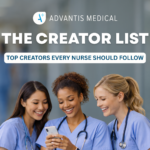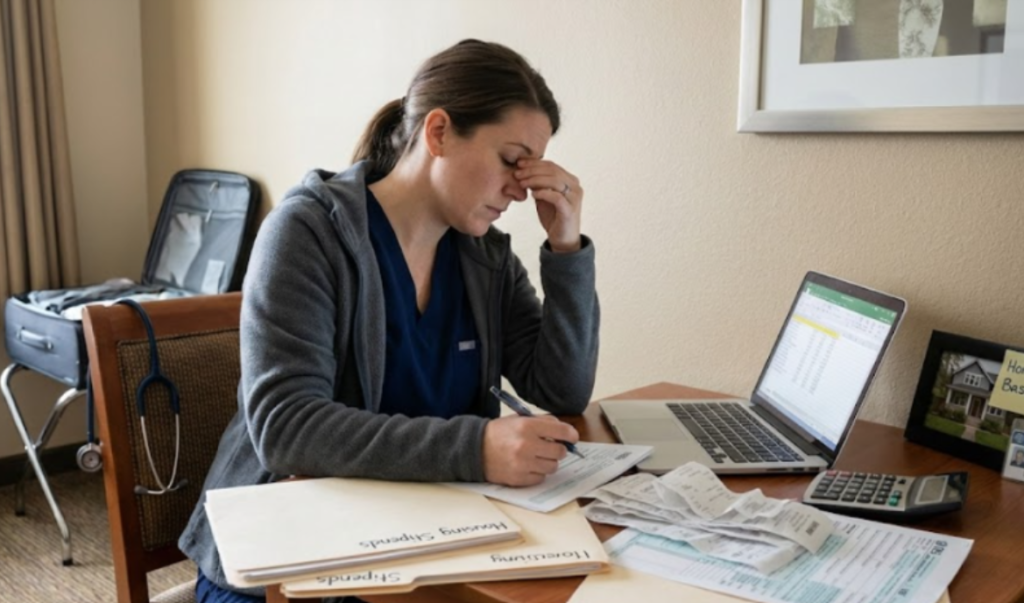The COVID-19 pandemic has contributed to the development of various mental health conditions among many health care workers. If you are a nurse or healthcare professional struggling with mental illness or healthcare PTSD, we’re here to help.
At the start of the pandemic, healthcare professionals were applauded and appreciated for their heroic work. As the days and months dragged on, this applause and recognition faded, yet nurses silently continued working and facing many harsh new realities in their workplace. Each day, nurses have fought tirelessly yet watched helplessly as the disease ravaged the globe and took far too many lives.
The impacts of COVID-19 will be felt for years to come, especially in healthcare workplaces. Nurses and healthcare workers need support. Employers must provide adequate tools to cope with the PTSD in healthcare professionals and mental health struggles that many are facing.
Ask for Help and Get Access to Resources
If you are a nurse or healthcare worker struggling with mental illness such as PTSD, it is essential to ask for help if you are in need. It can be scary, but you must remember that you are not alone. Others are struggling, and there any many resources and professionals ready to help.
Unfortunately, many nurses do not receive adequate support for PTSD in healthcare professionals from their workplaces. If you are experiencing this, consider reaching out to one of the following resources or hotlines:
- National Suicide Prevention & Crisis Hotline: 1-800-273-TALK
- Therapy Aid Coalition
- Mental Health America
- HEAR Program
Increasing Suicide Rates
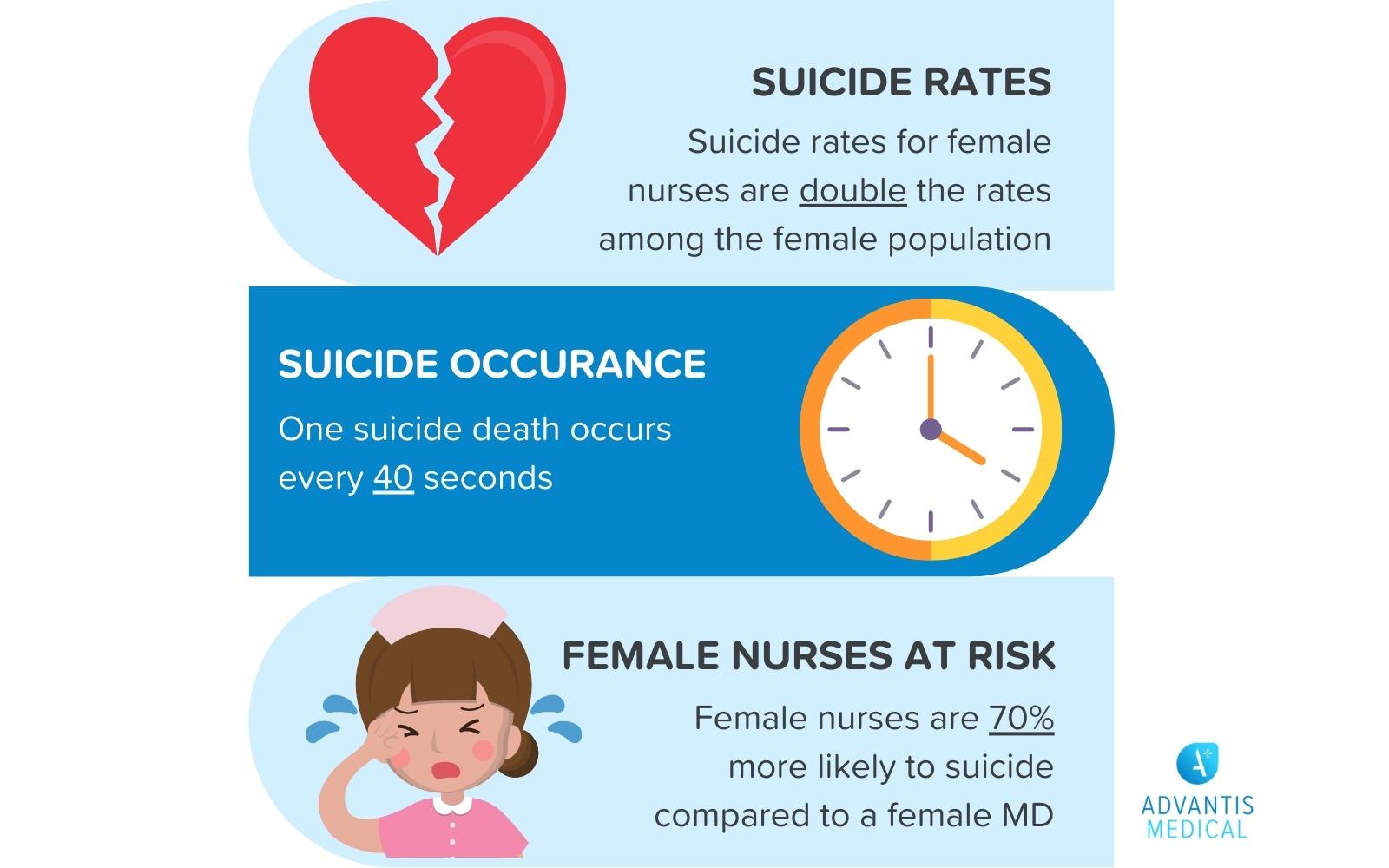
Even before the COVID-19 pandemic, suicide rates among nurses were found to be at an all-time high. The pandemic has only exacerbated this epidemic.
A study by the University of Michigan found that suicide rates among female nurses are double the suicide rates among the female population. Additionally, female nurses are 70% more likely to die by suicide than a female physician.
The World Health Organization has reported that one suicide death occurs every 40 seconds. It is the 10th highest cause of death in the United States.
If you are experiencing suicidal thoughts, please contact the National Suicide Prevention & Cris Hotline at 1-800-273-TALK to speak with a professional who can help.
Many Nurses Face Their Mental Health Struggle Alone
A study conducted in 2009 by the National Institute of Health showed that 18% of nurses met the criteria for the nursing diagnosis for PTSD, and 86% met burnout syndrome.
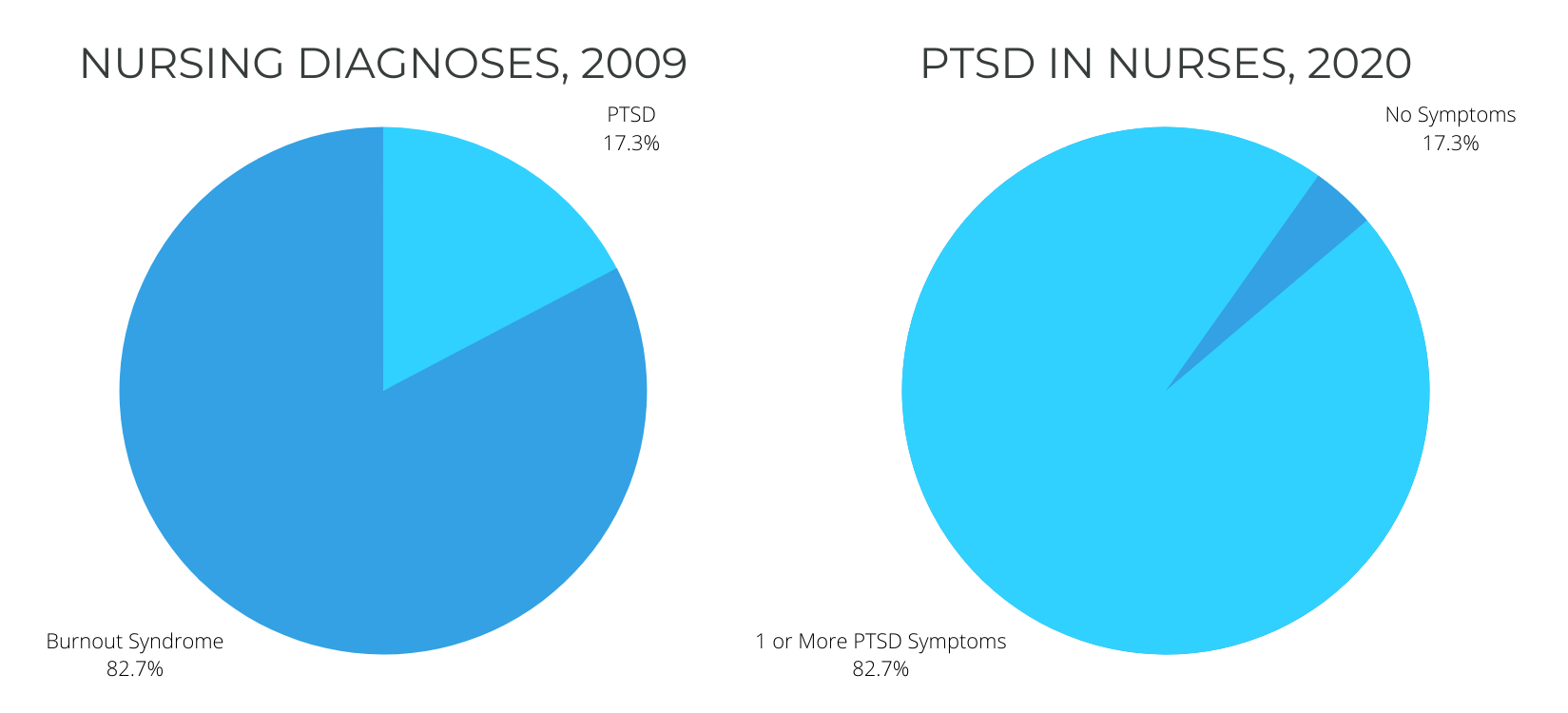
These numbers have only increased due to the COVID-19 pandemic, and widespread burnout is rising suicide rates and the prevalence of mental illness and PTSD in healthcare professionals. In addition, the uncertainty of caring for patients in unstable and unpredictable situations due to COVID-19 is unnerving and mentally taxing.
The biggest challenge for many individuals, including nurses, facing a mental health struggle is finding support and determining when to ask for help. Finding a therapist is an intimidating step that can be complicated for some individuals. This is especially true for nurses who work irregular hours.
Pandemic Increased PTSD in Healthcare Professionals
While antiquated views of PTSD relate this mental illness to the trauma faced primarily by war veterans, many do not realize that the impacts of working on the front line of a pandemic have increased the prevalence of PTSD among nurses.
Many nurses are dealing with anxiety, depression, insomnia, and PTSD symptoms due to their work in the fight against COVID-19. When there is no end in sight, hope can seem dim. Thankfully, vaccines are widely available, and COVID-19 numbers are decreasing. But this does not eliminate the mental illness and PTSD in healthcare professionals.
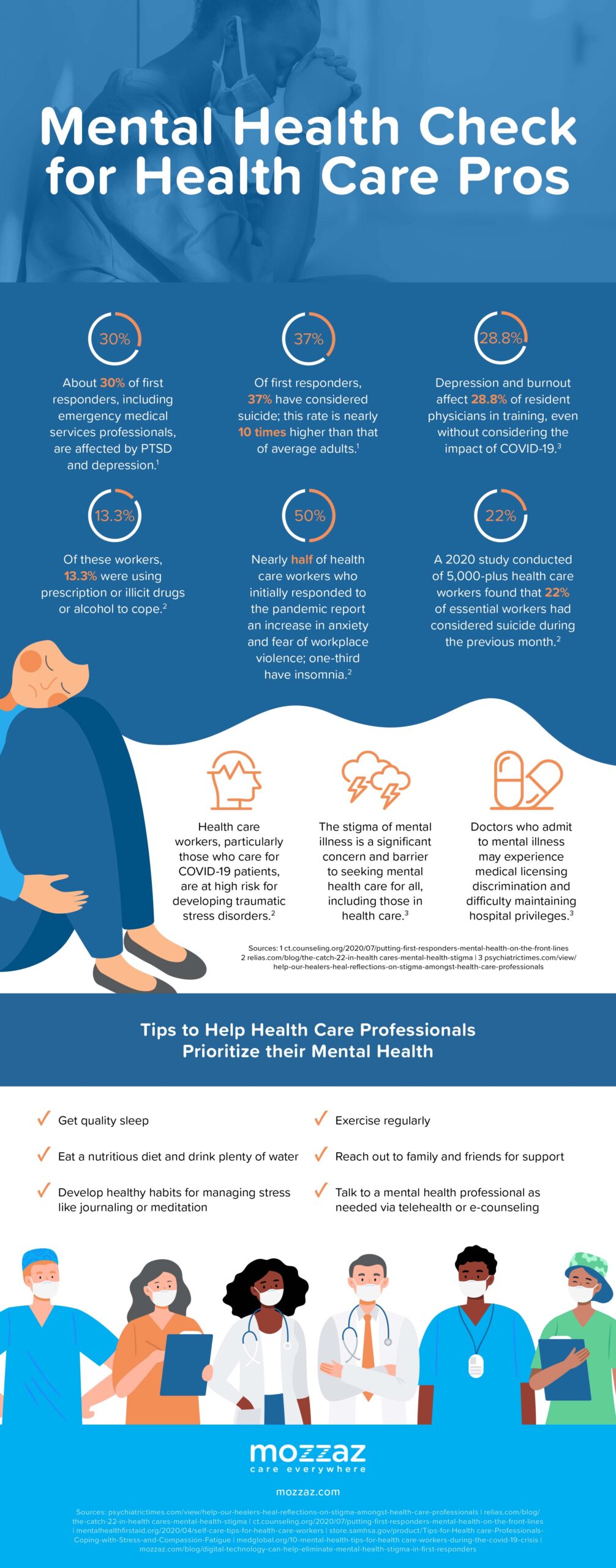
How Advantis Medical Helps
Advantis Medical, travel nursing agency, exists to connect nurses to purposeful job placements and sustainable careers in healthcare. A change of pace from your current workplace may be the right step in improving your mental health and quality of life. To learn more about how we can connect you to new nursing opportunities, click here.
If you are struggling, please use the resources listed in this article to get the help that you need. You are not alone.





